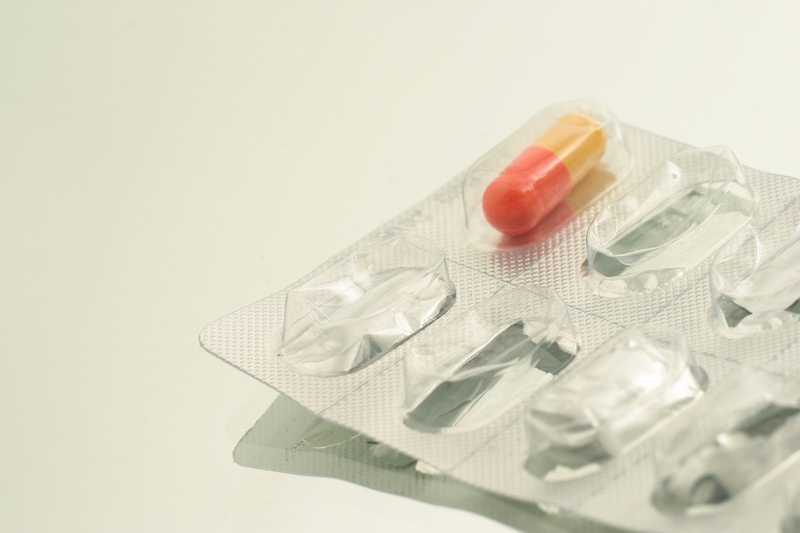
THURSDAY, June 2 (HealthDay News) — A class of drugs widely used to treat high blood pressure doesn’t boost the risk of cancer, as a recent analysis suggested, U.S. health authorities announced Thursday.
The drugs are known as angiotensin-receptor blockers (ARBs) and include medicines such as telmisartan (Micardis), losartan (Cozaar), valsartan (Diovan) and candesartan (Atacand).
The determination comes from the U.S. Food and Drug Administration (FDA), which just concluded a safety review of the drugs.
“It is comforting to have this data to support what we clinically felt was true,” said Dr. Joseph Diamond, director of nuclear cardiology at Long Island Jewish Medical Center in New Hyde Park, NY.
FDA undertook the review after a meta-analysis appearing in July 2010 in The Lancet found a “modestly increased risk” — about 10 percent — of cancer diagnoses among people taking ARBs, and a smaller increased risk of death from cancer.
Until that report, there had been very little concern about the safety of the drugs.
“It’s a drug that’s been out for a very long time so we have a lot of clinical experience with it,” Diamond said.
In fact, he added, many physicians were skeptical when the Lancet findings were first announced. “That study really was not designed to look for cancer,” he said.
Dr. Cheryl Laffer, an associate professor of internal medicine in the Texas A&M Health Science Center College of Medicine, said that she and other physicians weren’t worried when that study came out, but many patients were.
“The ARBs are probably the most widely used class of medications for patients with high blood pressure,” said Diamond. “They’re used in patients with general hypertension and particularly in patients who may have hypertension with diabetes or hypertension with kidney disease.”
The drugs are given once a day and have some added benefit in protecting the kidneys from the ravages of high blood pressure and diabetes, he added.
“They’re better tolerated than ACE inhibitors [another type of blood pressure medication]” but have the same effect, said Laffer, who is also senior staff of medicine/hypertension at Scott & White in Temple. “Their side effect profile is no bigger than placebo.”
The FDA review looked at 31 trials involving a total of more than 155,000 patients who had been randomized to receive either ARBs or another hypertension treatment.
As far as Laffer is concerned, the FDA report is definitive. “I think they did their job. They looked at all analyses which had used ARBs as compared to anything and they found no overall increased risk. They looked at hundreds of thousands of people,” she said.
More information
The American Heart Association has more on blood pressure medications.

